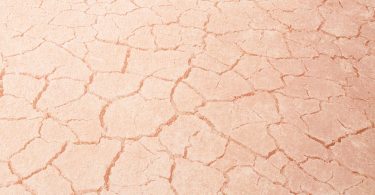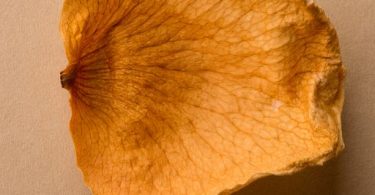Glycation leads to a loss of elasticity in the skin, directly linked to the speed of aging in the body.
Biological age measures a person’s functional status and roughly corresponds to chronological age in healthy people. In case of early or accelerated ageing, there is a difference between the biological age and the chronological age.
The skin elasticity is the reversible deformability of the skin related to its functional elastic fibers.
By measuring the elasticity of the skin and comparing it with the glycation level of the body and the chronological age of the subjects, researchers have shown a link between loss of skin elasticity, early aging and glycation level (1).
The evaluation of cutaneous elasticity is thus a good indicator of general aging and its improvement a good indicator of effective anti-aging management.
@AGE Breaker, update 05 2022
✅ [Glycation is one of the major causes of aging. Resulting from the fixation of sugars on the proteins constituting the organism, glycation generates toxic compounds that cause cellular aging. Glycation is particularly involved in metabolic disorders, skin aging and cognitive decline.]
✅ [AGE Breaker, patented nutritional supplements, based on rosmarinic acid, recognized by aging specialists around the world for their properties to reverse the effects of glycation.]
More on www.agebreaker.com
#agebreaker #glycation
(1): M. Yagi and Al. Glycative stress and anti-aging: 3. The evaluation of glycative stress: Measurement of advanced glycation end products (AGEs). Glycative Stress Research 2017; 4(1): 053-057









